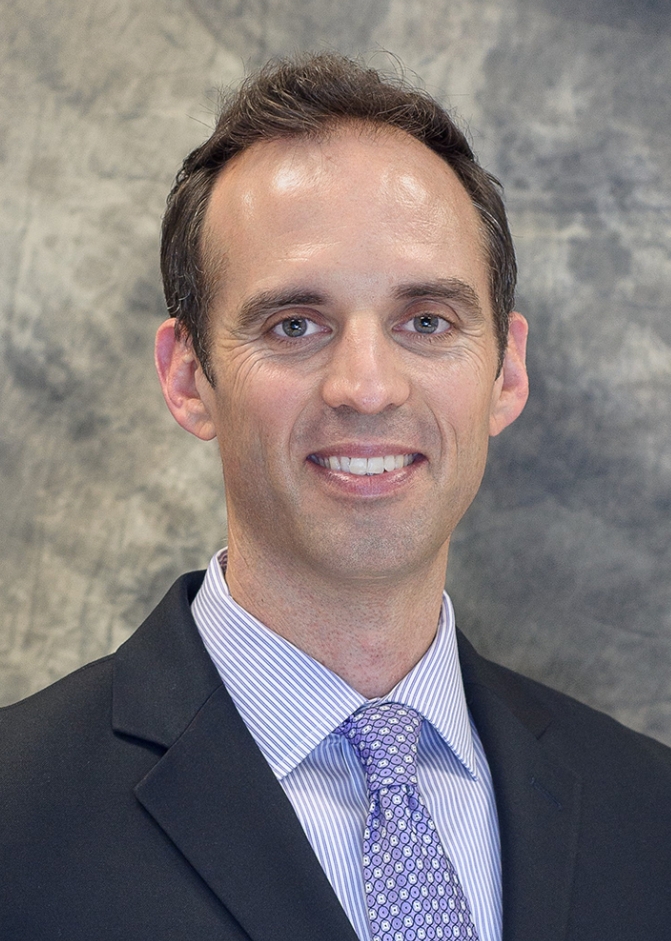In an open forum with Gregory Smith, one of three finalists for Chancellor of the San Diego Community College District (SDCCD), discussed the leadership strategies, philosophy, and technology needed for a better future. Smith is currently serving as Acting Chancellor of the SDCCD and has been in this role since March 24, 2023.
Smith commenced the discussion by delving into his professional background, reaching back to 2016 when he joined Shasta College. He highlighted pivotal role as an acting chancellor. It took him a span of eight months to thoroughly assess the multifaceted responsibilities associated with the position. Encouraged by positive feedback, he made the decisive choice to pursue a career as a Chancellor. He served as the Director of Human Resources, Associate Vice President of Human Resources, and Interim Vice President of Administrative Services. Smith joined the SDCCD in October, 2020 as Vice Chancellor of People, Culture, and Technology Services in Shasta College.
Aimee Gallagher, the Acting Vice Chancellor of People, Culture, and Technology Services, engaged in a comprehensive dialogue with Smith, covering a spectrum of topics with a notable emphasis on technology. Acknowledging the pivotal role and financial significance of technology in the educational domain, Gallagher’s first question revolved around Smith’s vision for funding technology needs. The central concern was ensuring sustained success for the district, addressing both immediate requirements and future technological advancements.
Smith articulated a vision rooted in preparing students for the workforce by providing them with training on cutting-edge technology. He emphasized the importance of aligning educational technology with the tools and skills that will be expected in professional environments. Smith noted the significant advancements in virtual reality and artificial intelligence witnessed over the past year, particularly citing notable institutions like Arizona State, UC San Diego, and UCLA, which should be at SDCCD colleges too. “Every student should have equal opportunities to leverage the full benefits of the best technology available.” Smith said. No student should experience a sense of inadequacy or be disadvantaged compared to their peers who’ve had the access and ability to go to a higher level institution. SDCCD will be providing all the students with the same quality of education.
Smith emphasized that they are learning new technologies that are going to be part of the workforce in the years to come. AI will be evaluating the accuracy of students’ work as they are solving a problem. AI will help students in getting real time direct feedback to figure out what they need to correct, learning on the fly. The instructors using this data on students’ failure points can tailor their interactions with the students and provide them with specialized instructions on the areas they need, getting the most value out of their time and resources. Smith mentioned that they could be collecting this data across different online classes and observing a pattern in order to be more effective and efficient. However, for this to become possible they would need technological investments.
Smith highlighted that the SDCCD is committed to offering open access to every member of the community who seeks education there. He spoke about instances from the past where students faced challenging educational experiences due to systemic inequalities, grappling with issues like poverty, housing, or security. In an effort to prevent a recurrence of these challenges within the SDCCD district, we all need a great deal: more human interaction building and support. Smith elaborated on the benefits of automation, pointing out that it can save time and allow for a more strategic allocation of resources. By automating certain processes, the district can redirect efforts toward areas that deliver the greatest value, particularly emphasizing the importance of ensuring students’ engagement with and learning on advanced technologies.
When asked about the housing insecurities for students, Smith elaborated on his strategies and philosophies that aim at improving the prospects of students in the future: “The state made it possible by providing $75 million for us to launch an affordable housing complex for college students.” Smith added. Presently, within the parameters of this funding, their goal is to create a housing facility where all the accommodations are offered at below-market rates. This closely aligns with an individualized living arrangement, emphasizing independent living or shared apartments.
Smith added that “one of the most prevalent issues today involves individuals in need of transitional housing, especially those transitioning out of homelessness and expressing readiness to enroll in one of our non-credit programs.” He introduced the audience to micro-credentialing, which refers to the process of earning small, specialized certifications or credentials that focus on specific skills or competencies. It would be possible to provide free housing, empowering students to engage in their educational pursuits. Smith elaborated that by assisting in obtaining employment certifications, his goal is to enable students to work concurrently while continuing their studies, facilitating their transition into affordable below-market housing. As students progress towards program completion, they can seamlessly transition into market-rate housing, fostering true sustainability in their academic and personal lives.
Over the years, the state of California has made significant investments in generating funds through housing initiatives using an enterprise model, or one that is focused on generating income for those building the housing. Smith mentioned, “we are not here to make money but to provide equal opportunities to each and every student enrolled here.” He wants to offer students who have been priced out of San Diego’s housing market a pathway to living wage employment.
Smith consistently emphasized the responsibilities of a chancellor, pledging that if successful, he along with the District would spare no effort to enhance the community, making use of new technology to make the colleges of the SDCCD a better place to live both in the present and for future generations.
A final decision is expected to be announced by February 2024.




